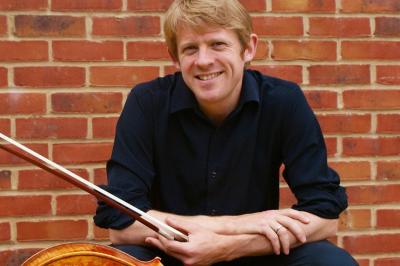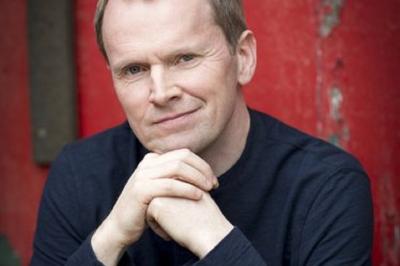Pomegranate Trio
In this centenary year of votes for women it is fitting that a number of musical groups have taken the opportunity of programming music by neglected female composers, such as the work of Clara Schumann highlighted by the Pomegranate Trio. A woman, best known nowadays as composer Robert Schumann's piano-playing wife, was in her own time more famous than her husband, admired as a virtuoso and respected as a composer herself. And on the evidence of her opus 17 Piano Trio, Mrs Schumann was a distinctive and accomplished composer. Unsurprisingly there are echoes of her husband's idiom, but in the particularly fine opening movement and the slow movement, a wonderfully intense intermezzo, Clara's keyboard knowledge permits passages of striking originality. Even the whimsical Scherzo and the bubbling Finale have their profound moments, and I could hear pre-figurations of various composers including Tchaikovsky. Juggling a hectic performance career, a husband with significant mental problems and eight children is no mean feat, but managing to find the time also to compose meaningful and expressive compositions seems downright heroic. The Pomegranate Trio clearly enjoy playing her music, and gave us an impassioned and stylish account of this unfamiliar repertoire.
The 1915 Piano Trio by Maurice Ravel is a work packed with exotic flavours and flamboyant gestures. The irregular rhythms of the Basque-flavoured opening movement were enchantingly highlighted by the Pomegranates, while the intriguing Pantoum, an elaborate verse form with a distinctive pattern of repetitions, was enchanting. The ensuing Passacaglia contained some of Ravel's darker thoughts, while the Finale's swirling chinoiserie, very much in vogue in 1915, brought the piece to a fizzing conclusion. The Pomegranate Trio provided a sparklingly energetic reading of this demanding and highly original score.
The second half of their concert brought us one of the classics of the genre, Beethoven's iconic 'Archduke' Trio op. 97. Ironically after the imaginative richness of the Schumann and the vivid fireworks of the Ravel, some of this mid-period Beethoven sounded a little trite, as the composer plays around with quite a limited thematic palette. There were of course sublime episodes, such as the lyrical and eloquent Andante cantabile, given a wonderfully reverential performance by the Trio, and it was of course no reflection on their detailed and committed playing that some of the more whimsical development ideas outlived their welcome.
In a way, the manner in which Beethoven bestrides the world of chamber music is one of the factors exacerbating the exclusion of thoroughly worthy neglected composers, including many women. Is it too iconoclastic to suggest that we should be more prepared to question the established classical canon, and perhaps give a chance to the majority of fine composers who for a variety of reasons, rarely musical, haven't quite 'made it'? The Pomegratate Trio's championing of Clara Schumann is an encouraging development, and is part of an inspiring trend, which should with any luck continue beyond 2018.
Forthcoming Events






